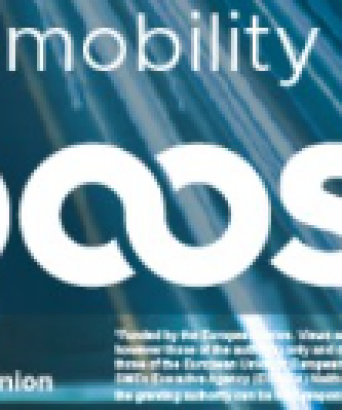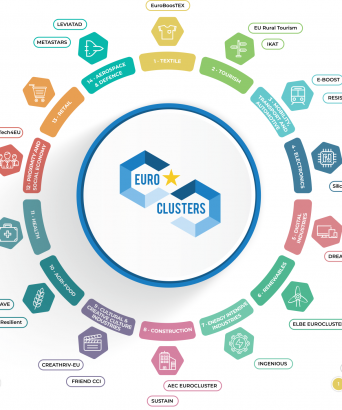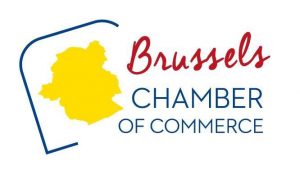EU Member States endorsed the trade agreement between the EU and Singapore. The agreement enters into force as soon as 21 November. This is the European Union’s first bilateral trade agreement with a Southeast Asian country.
Singapore is by far the EU’s largest trading partner in the Southeast Asian region, with total bilateral trade in goods of over €53 billion and another €51 billion of trade in services. Over 10,000 EU companies are established in Singapore and use it as a hub for the whole Pacific region. Singapore is also the number one location for European investment in Asia, with investment between the EU and Singapore growing rapidly in recent years: combined bilateral investment stocks reached €344 billion in 2017.
Under the trade agreement, Singapore will remove all remaining tariffs on EU products. The agreement also provides new opportunities for EU services’ providers, among others in sectors such as telecommunications, environmental services, engineering, computing and maritime transport. It will also make the business environment more predictable. The agreement will also enable legal protection for 138 iconic European food and drink products, known as Geographical Indications. Singapore is already the third-largest destination for such European speciality products. Singapore also agreed to remove obstacles to trade besides tariffs in key sectors, for instance by recognising the EU’s safety tests for cars and many electronic appliances or by accepting labels that EU companies use for textiles.
The EU and Singapore have also concluded an investment protection agreement, which can enter into force after it has been ratified by all EU Member States according to their own national procedures.
1,429 Belgian companies export to Singapore. Singapore is Belgium’s 11th biggest trade partner outside the EU.
Key elements of the EU-Singapore trade and investment agreements
Source: DG Trade





